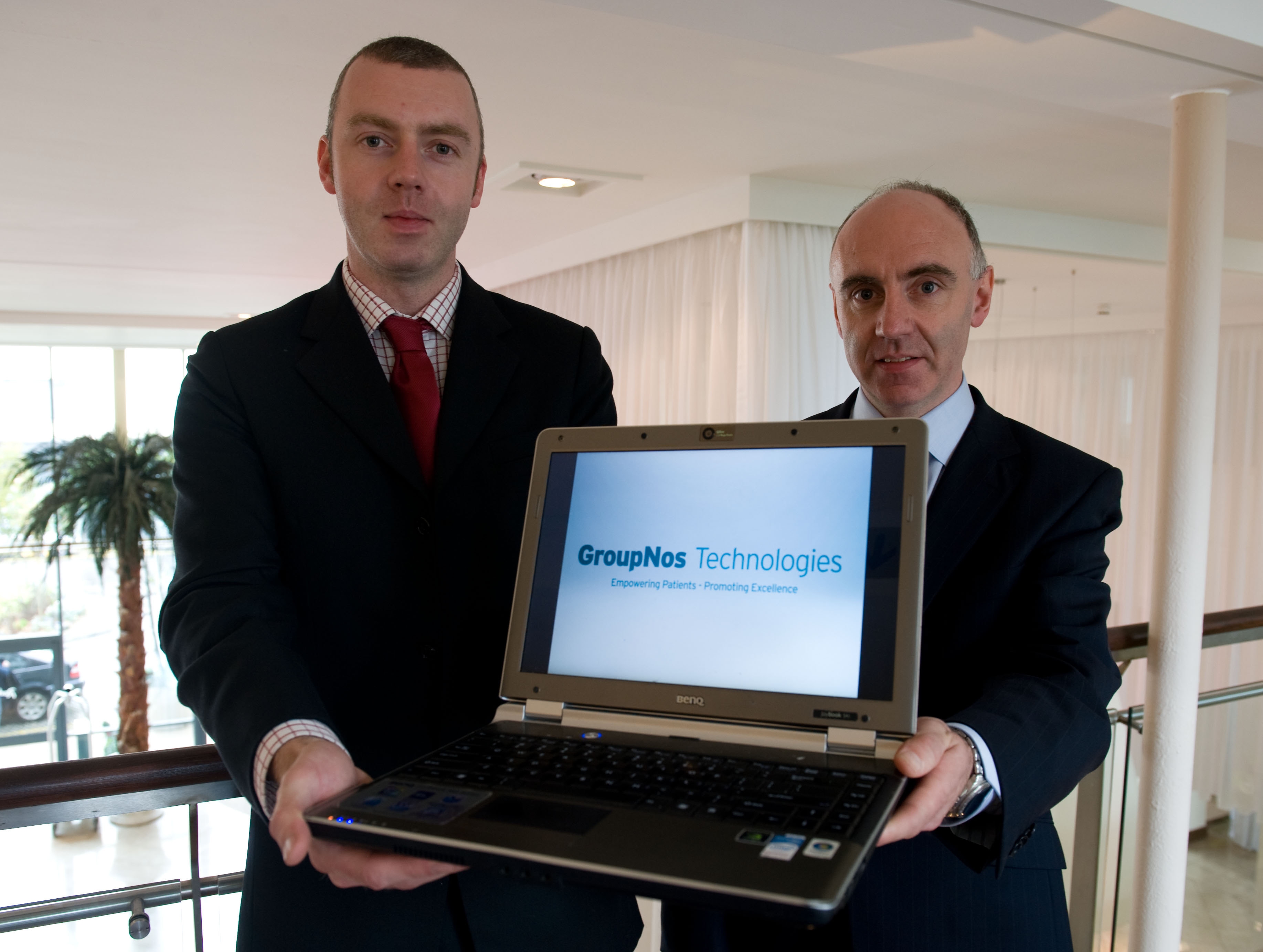
Nicholas Cummings, Ph.D.
Sometime in late 1986 I wrote a letter to Dr. Nicholas Cummings. As a then student-member of the American Psychological Association (APA), I was automatically subscribed to and receiving the American Psychologist. In the April issue, Dr. Cummings published an article, provocatively titled, “The Dismantling of Our Health System: Strategies for the Survival of Psychological Practice.” Change was in the air. “Traditional psychology practice is both inefficient and ineffective,” he argued, and a “growing revolution in heath care” was a clear and present danger to the very survival of the field.
What can I say? As someone at the beginning of his career (with large student loans to repay and a long time to go before retirement), the five page article spooked me. So I did what I’d done before: I wrote a letter. I’d been writing and calling prominent researchers and clinicians ever since I was an undergraduate. During the 70’s, I’d exchanged letters and even phone calls with B.F. Skinner!
In all honesty, I didn’t know anything about Dr. Cummings–for example, that he was a former president of the APA, launched the Professional Schools of Psychology movement and founded four campuses of the California School of Professional Psychology, wrote the freedom-of-choice legislation requiring insurers to reimburse non-medical, behavioral health providers, and started American Biodyne in the hopes that psychologists could own rather than be owned–as eventually happened–by managed care (read a history here). Neither did I know that he was a member of Psychology’s famed “Dirty Dozen.” Without a doubt, however, the decision to write him, changed the arc of my career.
Fast forward 25 years, and 86-year-old Nicholas Cummings is at it again–not only sounding a warning klaxon but identifying the opportunities available in the dramatically changing healthcare environment. Sadly, the field (and professional psychology in particular) ignored the counsel he’d given back in 1986. As a result, business interests took over managed care, resulting–just as he predicted–in low wages and the near complete lack of professional autonomy.
So, what can clinicians do now to survive and thrive? According to Dr. Cummings, two words best capture the future of behavioral health: (1) integrated care; and (2) entrepreneurship. Let’s face the unpleasant reality and say it out loud: independent practice is on life support. Agency work is no picnic either given the constant threats to funding and never ending amount of regulation and paperwork. Finally, when it comes to practitioner income, its a buyer’s market.
That said, it’s not all doom and gloom. Far from it. There is a tremendous need (and opportunity) in the present reform-driven healthcare marketplace for clinicians who are able to blend behavioral interventions, medical literacy, knowledge about healthcare delivery systems, and entrepreneurship skills. Possibilities do exist. The real question is, “Do we have the will to change?” Here’s where the power of one simple action–in this instance, a phone call–can have such a profound effect on one’s life and success.
Though we never formally worked together, I’ve been calling and writing Nick off and on for the two and a half decades. Late last fall, my partners and co-creators of the International Center for Clinical Excellence, Brendan Madden and Enda Madden, flew to Reno to seek his advice on our business plan. We simply called him. He said, “When can you get here?” The result? His sage counsel helped us win the InterTrade Seedcorn Regional Prize for “Best Emerging Company” as well as secure investors in the most restrictive venture capital environment since the Great Depression. And that’s not all…

Chief Technology Officer Enda Madden Chief Executive Officer Brendan Madden
Just last week, I flew to Phoenix, Arizona to give a presentation on using outcomes to improve behavioral healthcare service delivery at Arizona State University. Nick was there to meet me, along with the director of an entirely new program for behavioral health entrepreneurs, Dr. Ron O’Donnell. Briefly, the “Doctor of Behavioral Health” is the culmination of Nick’s vision of creating a doctoral training program tailored to the emerging need for innovative behavioral clinicians to practice in primary care and medical settings. Response has been overwhelming to say the least. Fifty plus post-graduate clinicians are enrolled. That’s right, post-graduate. In other words, these are practicing clinicians returning to add “integrated care expert and behavioral health entrepreneur” to their resume.
![]()
School of Letters and Sciences
As it turns out, I’ll be traveling from Chicago to Phoenix a fair amount in the future. When he stood to introduce me, Nick announced that I’d be filling the “Cummings Professor of Behavioral Health” faculty position at ASU. The power of a single call.
